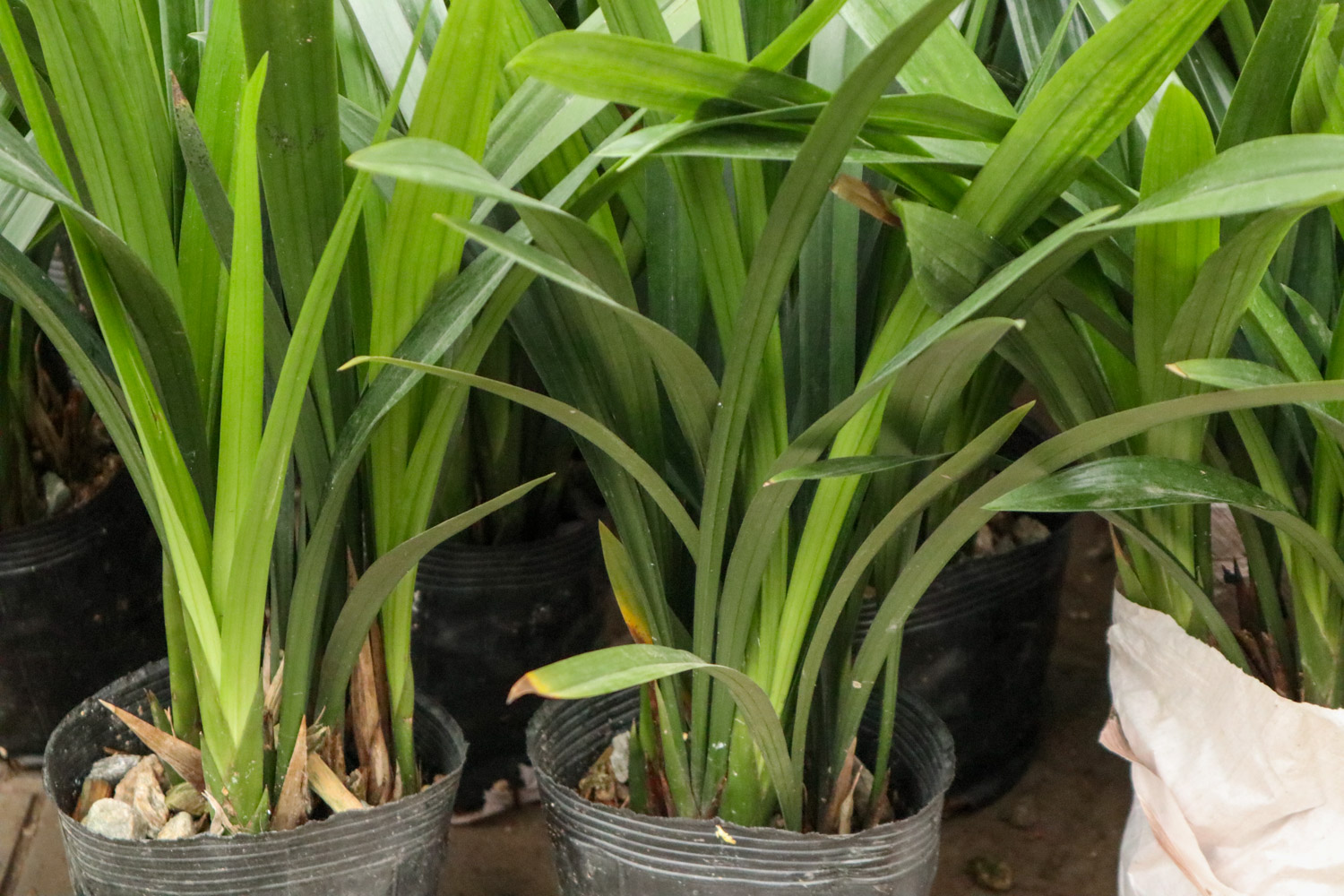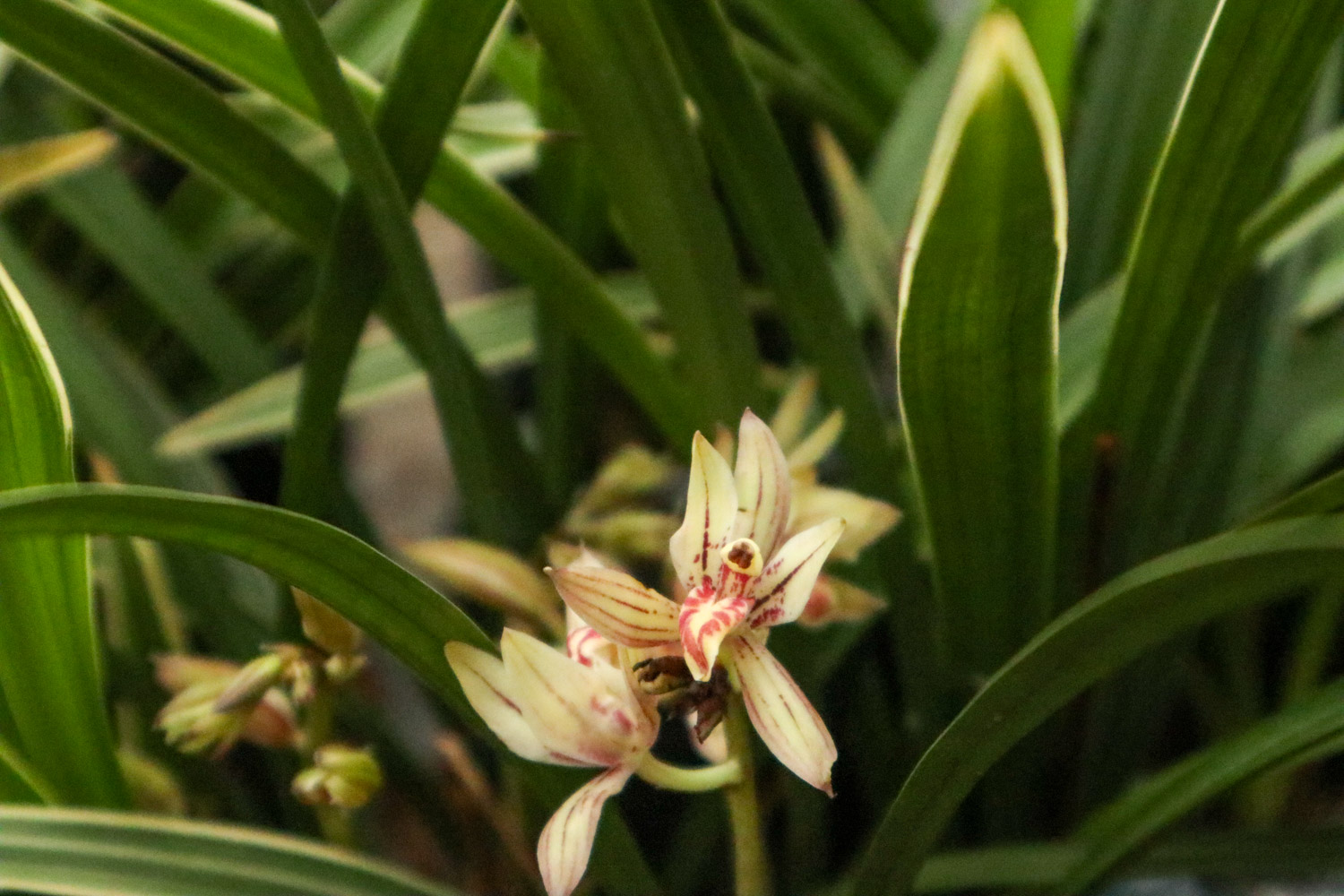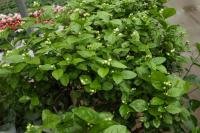1、 Which potted plants are suitable for watering
After fermentation, rice washing water will contain acidic substances, so it is very suitable for watering plants that like acidity, which can help them grow well. It is suitable for potted plants such as camellia, gardenia, jasmine, azalea, Milan flower, green rose, fortune tree, white palm and Osmanthus fragrans. It can not only make them grow vigorously, but also promote their flowering, but also prevent the plant from being infected with yellowing disease

There are also many plants that are not suitable for pouring rice washing water, such as cactus, cactus, Adiantum, hyacinth and hibiscus. If irrigated, it will seriously affect the normal growth and may burn its roots. Therefore, before watering flowers, you should first understand whether plants like acid or alkaline. If you like alkaline, don't water rice washing water

2、 Correct method of watering orchids
Using rice washing water to water orchids also needs to be fermented. First put the rice washing water into the bottle, seal it and ferment it in the sun. After fermentation, it can be used. When watering orchids, it needs to be diluted with water and then poured into the pot soil. If the flowers are watered to death, they will be used without fermentation. When used without good fermentation, the heat generated by rice washing water will burn the orchid roots, resulting in withering


 jackfruit
jackfruit snake plant
snake plant hibiscus
hibiscus hydrangea
hydrangea lavender
lavender Green roses climb al...
Green roses climb al... If you don't pay att...
If you don't pay att... Management of four g...
Management of four g...
































